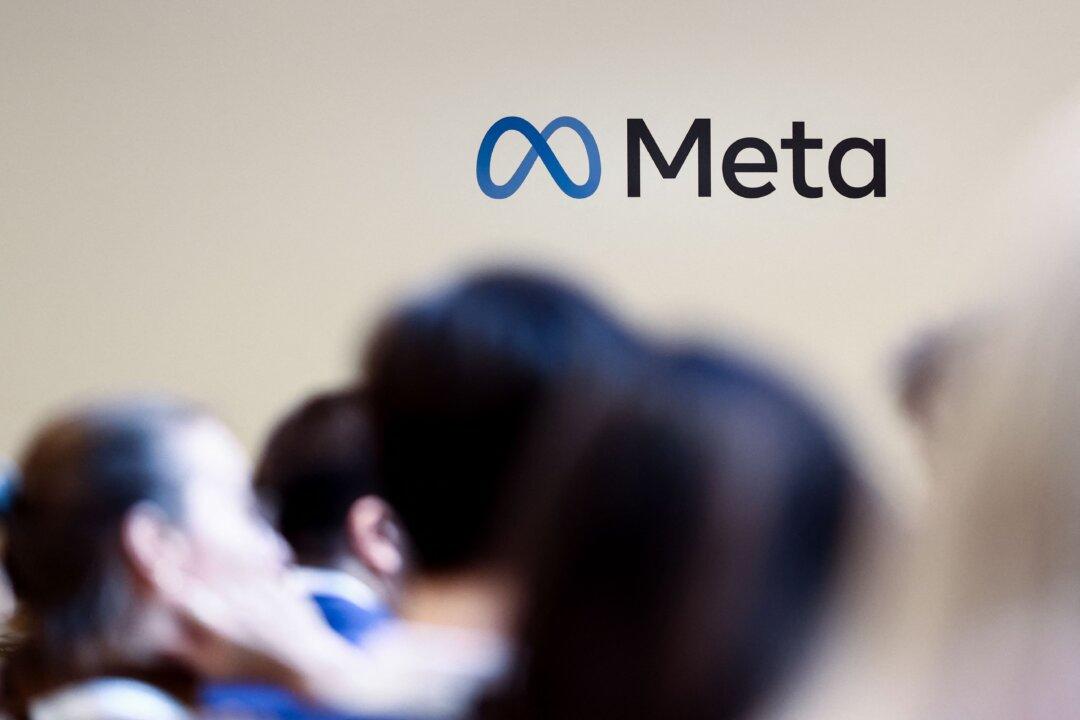As Google and Meta prepare to remove Canadians’ access to news links on their platforms due to the recently passed Bill C-18, two broadcasting experts say the legislation is poorly composed and will harm media outlets instead of helping them.
“It’s a sad, somewhat tragic outcome of a very, very poorly composed piece of legislation that was based on an overwrought premise. Some of the premises had some merit, but overall, the structure was bound to get this outcome. And it’s unfortunate because ... better outcomes were possible,” Peter Menzies, a broadcasting and telecoms policy consultant and senior fellow at the Macdonald-Laurier Institute, told The Epoch Times.





